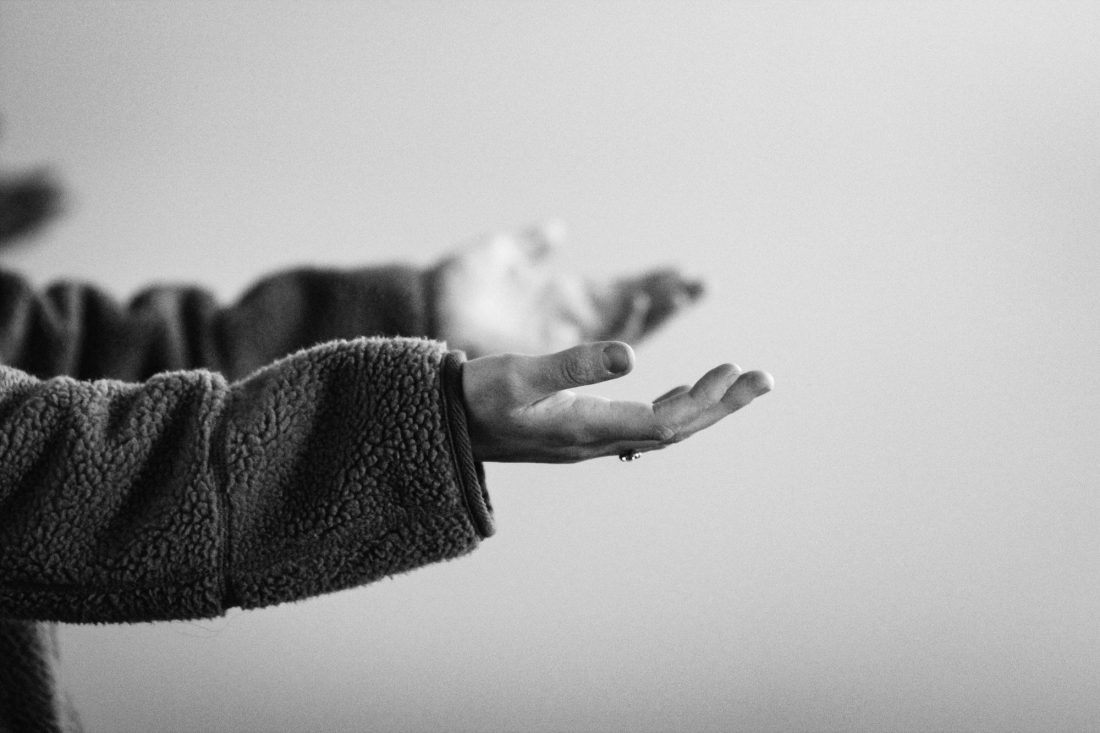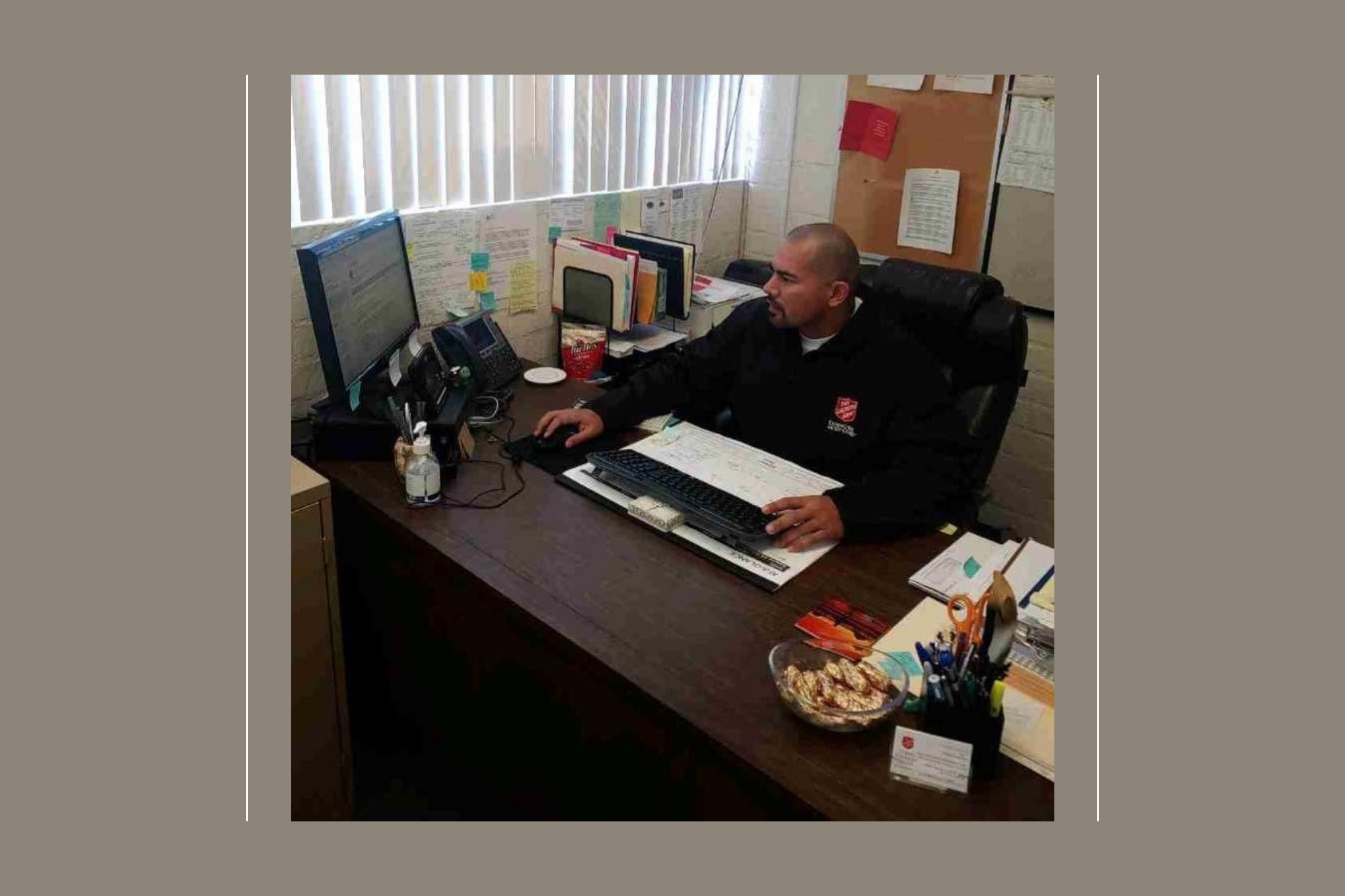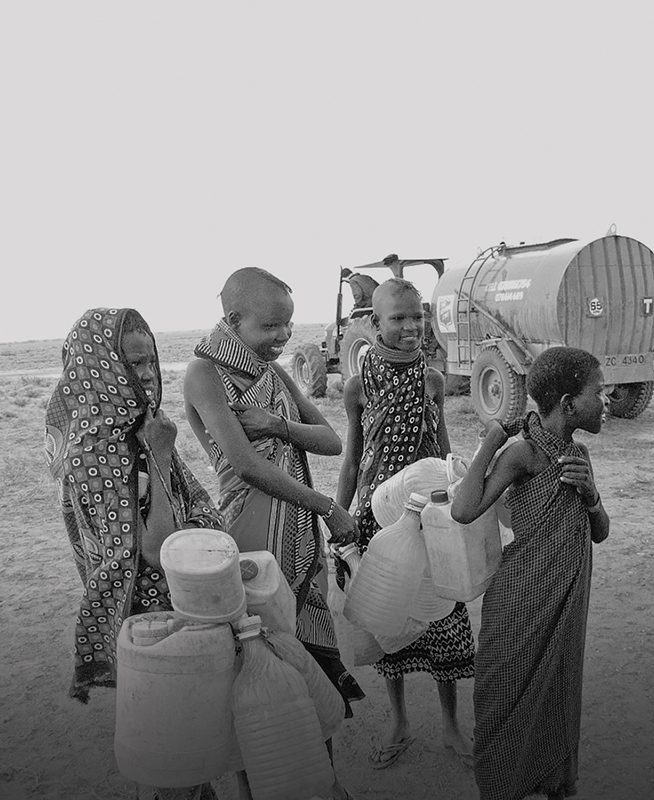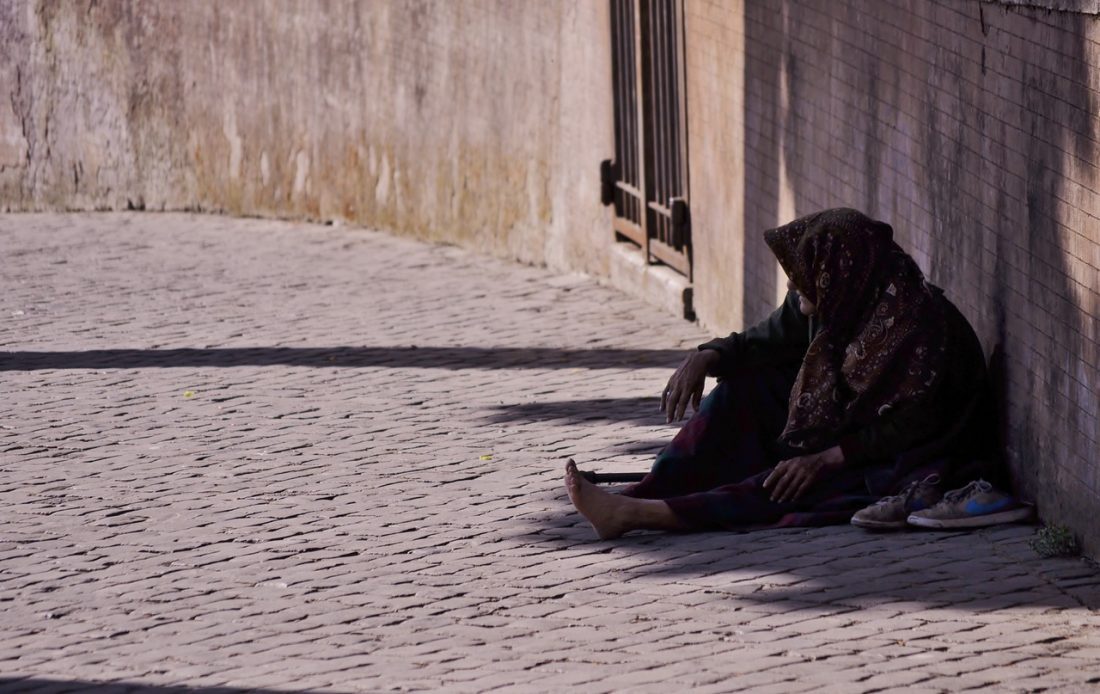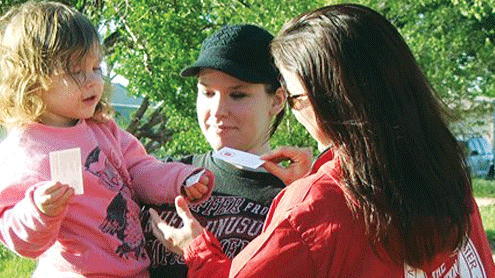When Captains Jillian and Mike O’Brien arrived at their appointment at the Portland (Oregon) Tabernacle Corps in August 2019, there were approximately 15 registered youth participants in troops, The Salvation Army’s informal, character-building Christian education program. Little did they know the program would grow to over 50 children in the middle of the pandemic with virtual programming in place.
The initial growth began after the troops program moved to the Clackamas Ministry Center in Happy Valley, Oregon, in January 2020— a more central location. A month later, about 25 kids were joining for troops.
“It was just kind of word of mouth by parents who had brought their kids. Their kids thought it was fun and they were inviting their friends,” said Jillian O’Brien, Portland Tabernacle Corps Officer. “And every week a new kid would show up, so that was really awesome.”
The troops program was thriving and they were beginning to take the kids on field trips. But then, the COVID-19 pandemic happened. And as schools began to shut down, the corps decided to take a short break from the program.
“We took the week off in hopes that we would be back together,” O’Brien said. “Once that didn’t happen and they kind of canceled school for the rest of the year… it was kind of this panic of, ‘What do we do with this group of kids that we have that was going really well?’”
So O’Brien and Portland Tabernacle Corps Program Assistant April Jacob brainstormed how they could keep the program going while COVID-19 restrictions were in place.
“I think it’s very easy during a pandemic to say we can’t do this program,” O’Brien said. “We saw the growth happening and there had to be a way to keep it going. That wasn’t an option to just not do it.”
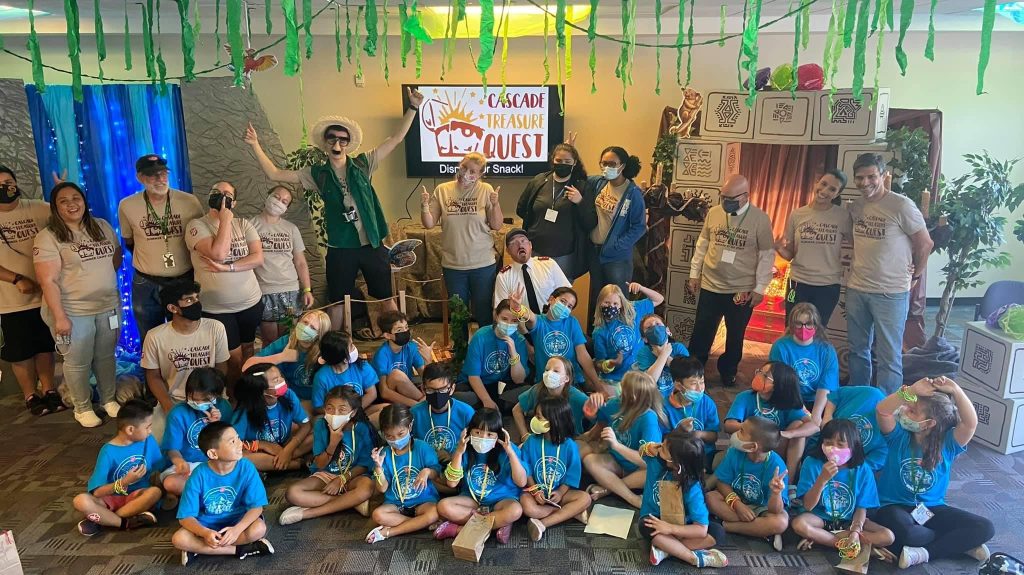
The corps created gift bags with the materials and supplies needed to complete the tasks to earn emblems—similar to badges earned in programs, like Girl Scouts—and delivered them to the homes of participants every month along with something fun to help the long pandemic days when they didn’t have school.
“Our area didn’t have school for a good month and a half [or] two months before they went online,” O’Brien said.
Then, in June 2020, O’Brien and the team chose to start hosting the troops program online once a month via Zoom. They continued to drop off troop program materials to participants’ homes, so they could work on the emblems together virtually.
“I didn’t have any idea of how many kids would be [online], or anything. In our first group we had about 25 kids show up and I was shocked, and then a lot of them I didn’t even know,” O’Brien said. “It was interesting to see all these new faces. They were invited by another friend and that’s how we started getting more kids and more drop-offs.”
There were also Zoom family fun events for troop participants and their families.
“We did like a campfire night where we did it over Zoom and gave everybody s’mores, so they could roast their own s’mores at home and just different things they could do together as families,” O’Brien said.
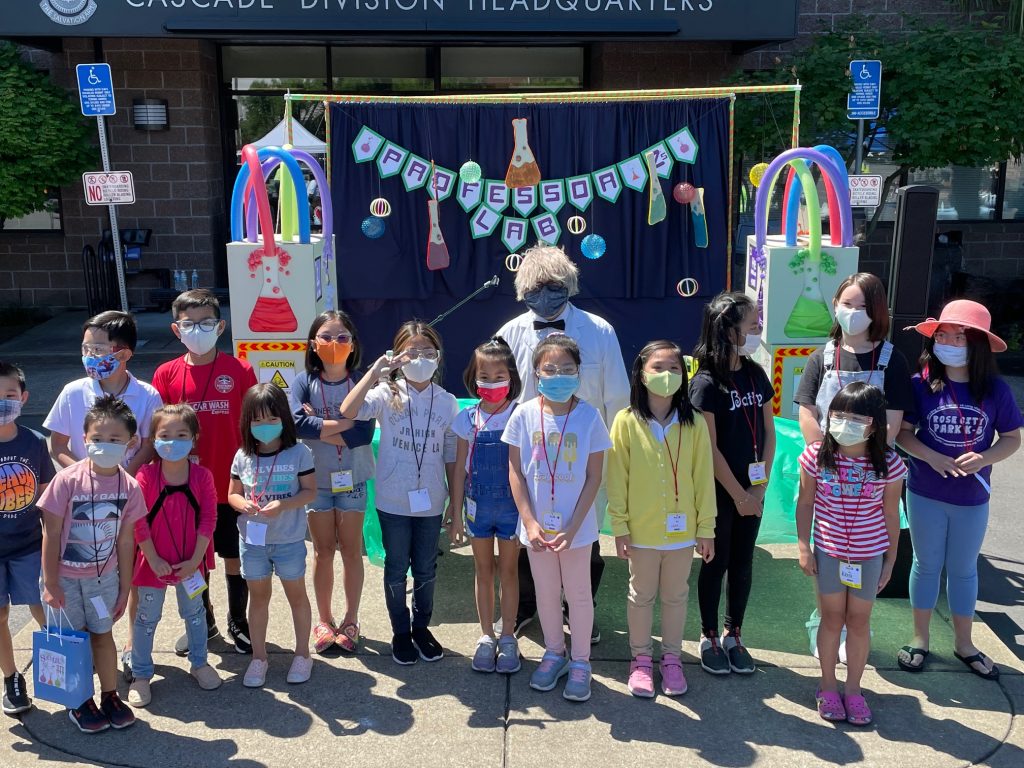
The online troops meetings continued successfully through the first half of 2021—with the program growing to about 54 registered participants.
And in the summer, troops slowly moved to meeting in-person with family fun days hosted outdoors with mask requirements in place. This included popular events, like a family science day, an Olympics day and a Back-to-School Carnival—which was done in conjunction with the corps’ back-to-school supply distribution.
In-person troop meetings officially started again in September 2021 with 34 kids registered—many of whom were new to the program after learning about it at the Back-to-School Carnival.
O’Brien and Jacob attribute the troops program’s growth and high engagement throughout the pandemic to its leaders.
“We have really great leaders who are also very hands-on as far as in the classroom making sure that everyone is getting a chance to be heard and everyone is participating,” O’Brien added. “So our leaders are great. They go above and beyond to be helpful and make things fun.”
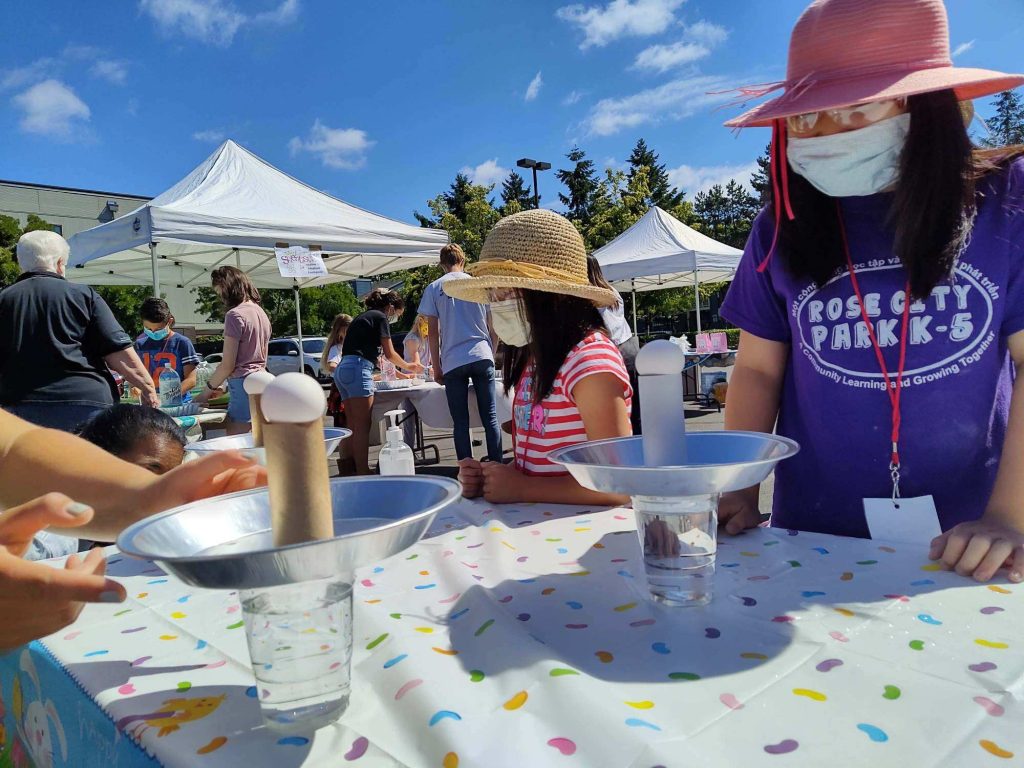
Keeping the program growing also required a focus on cultivating relationships.
“It’s a lot of relationship-building with the parents as well as the kids,” O’Brien added. “The kids are very friendly and they want to talk about everything…They feel like they’re seen and they’re loved and cared for—as well as their parents, who see that we’re really investing in these kids and trying to teach them skills and abilities that they can use later on in their lives.”
And, for O’Brien, it’s the small moments that made keeping the troops program going during the pandemic worth it. For example, their troops program does Booth Bucks—where kids get Booth Bucks for positive behavior and participation to exchange for prizes. In their initial COVID-19 monthly troops program drop-off in April 2020, leaders included a gift with a tag to exchange for 20 Booth Bucks when they met in person again.
“We came back in September 2021 and one of the girls brought me that little tag that she’d been holding on to since April 2020 so that she could get her 20 Booth Bucks,” O’Brien said. “I took that [tag] and I hung it on my wall to remind me [that] sometimes, in the moment, it feels like you’re doing a lot for nothing—but then when these kinds of things happen, you go, ‘OK, yeah I know why I’m doing this.’”
Today, the Portland Tabernacle Corps’ troops program is back online with weekly Zoom meetings due to a rise of COVID-19 cases. Still, the overarching hope is that the program will continue to grow and that the kids will achieve the high awards they’ve been working toward—whether that’s in-person or virtually.
“Just having a positive place to talk with one another [and] engage with one another has brought some spirit in [the kids] to want to continue to [meet] even though it’s online,” Jacob said. “My overall goal with the program is we continue to build these relationships with these kids, build our troop program, and just get these kids closer to God.”
Do Good:
- You’ve probably seen the red kettles and thrift stores, and while we’re rightfully well known for both…The Salvation Army is so much more than red kettles and thrift stores. So who are we? What do we do? Where? Right this way for Salvation Army 101.
- How do we treat everyone with love and kindness, as if they were our neighbor? Get the Do Good Family Roadmap and take a 4-week journey for families in how to be a good neighbor. Follow the guide to see what the Bible says about the art of neighboring and take tangible steps together on your printable roadmap to be a caring, helpful, welcoming and supportive neighbor right where you are.
- Learn how one woman received her long-awaited Commissioner’s Sunbeam Award a decade after she earned it.












